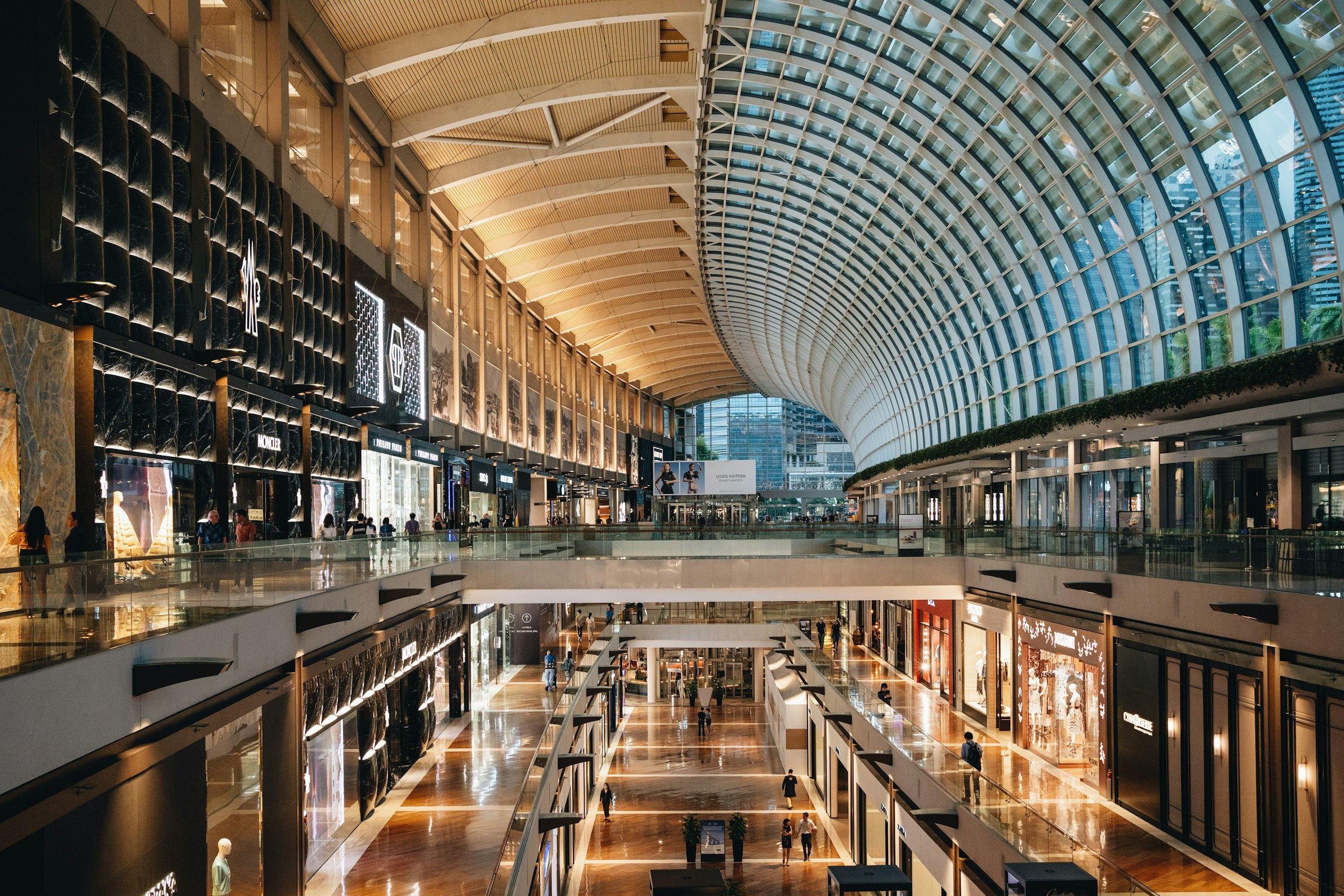Singapore’s core inflation rate held steady at 0.6% in June 2025, matching May’s level and suggesting ongoing price stability beneath the surface. But policymakers are not interpreting this as a moment of relief. With the US poised to implement fresh tariffs on August 1 and global demand weakening, the Monetary Authority of Singapore (MAS) is expected to maintain a cautious monetary stance at its July 30 review.
The Monetary Authority of Singapore and the Ministry of Trade and Industry jointly confirmed the June figures on July 23, noting that both core and headline inflation—at 0.8%—remained within the projected range of 0.5% to 1.5% for 2025. The lack of a surprise in either direction has anchored expectations that the MAS will not move preemptively this month. Instead, the central bank appears more focused on preserving optionality in the face of mounting geopolitical and economic uncertainty.
That restraint is not unwarranted. Core inflation, which excludes accommodation and private transport costs, has drifted below the MAS’s soft inflation comfort zone, historically near 2%. At 0.6%, the rate reflects weak underlying demand conditions rather than systemic pricing pressure. Retail and other goods inflation, which had been contracting since April, rebounded to 0% in June, largely due to a mild uptick in clothing and footwear prices. But services inflation fell from 1.1% to 0.7%, and electricity and gas costs declined by 3.9%—the sharpest drop this year. Food inflation softened to 1%.
Private transport was the only segment showing momentum, with prices rising 2% year-on-year due to higher car prices and a slower decline in petrol costs. However, these are concentrated effects rather than signs of broad-based inflation.
In that sense, the June print is less about policy urgency and more about policy calibration. While disinflation persists, the MAS is clearly wary of over-responding in an environment where tariff risk, supply chain friction, and global slowdown remain unresolved. As OCBC’s Selena Ling observed, the central bank has little incentive to move now when October offers a more complete picture of how trade and consumption are interacting under pressure.
That delay strategy also reflects institutional conservatism. MAS does not target inflation mechanically; it operates a trade-weighted exchange rate system designed to maintain macroeconomic stability. In the face of moderate inflation and external fragility, holding the nominal effective exchange rate (S$NEER) band steady—without tightening or easing—offers flexibility while retaining investor confidence.
Recent behavior among other central banks supports that view. Across Asia, easing cycles have accelerated where inflation has undershot targets and growth has stalled. But Singapore’s financial and trade openness amplifies the risk of overcorrection. Premature easing would compress the SGD’s buffer role against imported volatility. With the US Federal Reserve still cautious, Singapore’s divergence from developed-market tightening cycles is already pronounced. Moving further could attract unwanted capital inflows or destabilize inflation expectations later in the year.
Beneath the technical deliberations, household-level data provides important context. According to the Department of Statistics, overall inflation across income groups slowed to 0.9% year-on-year in the first half of 2025, down from 1.8% in the second half of 2024. Higher-income households saw slightly faster increases—1.2%—due to their heavier exposure to car prices. But the lowest-income group registered only a 0.8% rise, with core categories like food and utilities becoming more affordable. Excluding owner-occupied rent, the lowest-income households faced just 0.6% inflation.
That distributional detail matters. It reinforces the government’s fiscal strategy of targeted transfers over broad monetary shifts. Vouchers such as the SG60 payout and U-Save rebates are directly aimed at cushioning vulnerable groups from cost-of-living pressures. As fiscal support rolls out, the MAS has greater latitude to hold its ground without exacerbating household stress.
Still, the current price environment is not without fragility. Singapore’s inflation is low in part because external demand is weakening—especially from China and Europe. Trade-related sectors are showing signs of softness, and any escalation in tariff regimes could reverberate through import costs later in the year. The MAS and MTI continue to emphasize that while Singapore may be insulated from first-order price effects, second-order shocks through global value chains cannot be ruled out.
The central bank’s posture appears to be shaped by this asymmetry. It has room to ease but is under no pressure to do so now. DBS economist Chua Han Teng expects a “wait and see” approach, with easing in October only if tariff effects intensify. That would mark the third easing move in 2025—an acknowledgment that Singapore’s real economy, while stable, is not immune to external drag.
For now, the MAS’s credibility lies in its steadiness. A 0.6% core inflation print signals softness but not alarm. It validates the current stance and offers room to maneuver, not a demand to act. As the tariff clock ticks toward August, Singapore is choosing policy discipline over reflex. The trade-off is clear: preserve currency and capital market stability now, while keeping tools ready should shocks materialize.
Low inflation doesn’t automatically mean policy easing—especially in a small, open economy navigating tariff shocks and global demand shifts. The MAS is reading not just prices but posture: when flexibility is scarce, holding the line is the most powerful signal of all.





.jpg&w=3840&q=75)




.jpg&w=3840&q=75)
-1.jpg&w=3840&q=75)


